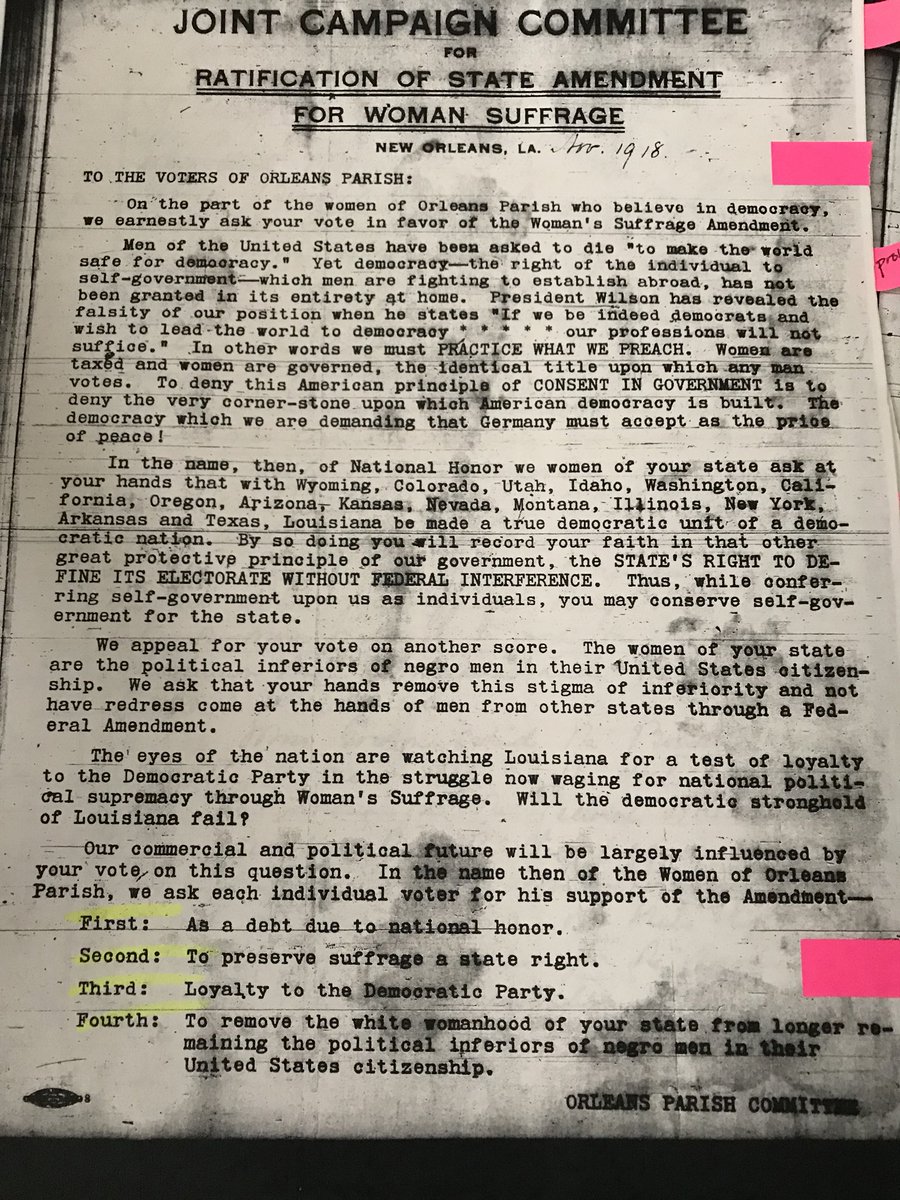Saw lots of great stuff at #APSA2018, but am afraid I also saw a couple people bomb the Q&A portion of their panel. With job market season upon us, want to share some thoughts (*not* suggestions) on what Q&A time is and how to think about doing it well.
First, yes—Q&A can be high stakes in interviews and make or break you. But seems like some people don’t realize that’s because LOTS of things can be happening in Q&A, some of which are about your work and some of which are not.
Q&A is the “read the room” portion of your presentation. It’s complex—it’s about understanding the goals of others in their interactions with you in the space, and whether and how those goals align with yours. And then executing accordingly.
THERE IS NO “BEST” WAY TO ANSWER A QUESTION ABOUT YOUR WORK. Why? Because the same question asked in a different space can have an entirely different purpose. If all you’ve got in your toolkit is “here’s what’s best” to say to this Q, I wish you the luck of the draw.
Who is the person asking (or commenting) in this space? Are they trying to be helpful or are they looking to undo you? Are they testing what you know or your willingness to engage in thinking beyond what you know? Are they curious or doubtful?
Who are they to the other people in the room? Are they trying to impress or make a point to someone else? Is that point one that works for you or against you? Are you navigating conflicting a priori preferences in the room? Are you talking to the known jerk or revered diplomat?
Your job in Q&A is not to defend your work at all costs. It is to navigate the conversation of the room. It is to answer people’s questions about what kind of scholar and colleague you are. It is to invest more people in being helpful to you, and maybe defuse some other people.
Also: everything is repeated play. Sometimes you are clearly going to “lose” this round. Think about how you play with the longer run in mind. Who can you reach in the room and how?
I saw several people at APSA brush off comments that from where I sat read as obviously meant to be helpful and/or reflected true engagement with the work. This does not seem like a productive strategy. (Even if you see “stars” do it, that does not mean it brings success.)
Showing people that you can think about *their* ideas and not just your own is a big part of what some people are looking for in the Q&A. For junior scholars especially, some senior folks are really looking for signs you’ll take advice from mentors.
And let’s be frank: all of this involves baggage about who you are and who “they” are. This is part of why I said I don’t want to make blanket suggestions. You do have to find your own effective voice and presentation. You have to think about what other people expect of you.
Don’t underestimate anyone in your audience. Stars don’t always call the shots. “Nice” is not necessarily honest or helpful behind the scenes. Someone’s prestige in the discipline doesn’t necessarily translate to level of influence in a department.
PS: On reading a room I love this piece about “Midwestern Nice” (I’m from the Midwest so it really resonates): google.com/amp/s/www.thri…
Also: you’ll get better at this with both practice and greater knowledge of the people in the room. Look for early opportunities to present your work in front of a range of audiences. Ask people in your network what they know about the places you are presenting/interviewing.
• • •
Missing some Tweet in this thread? You can try to
force a refresh







